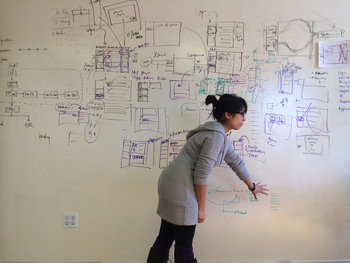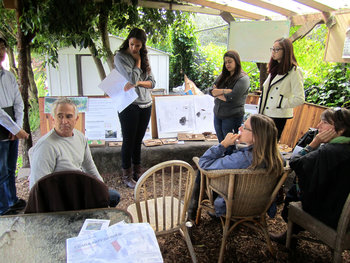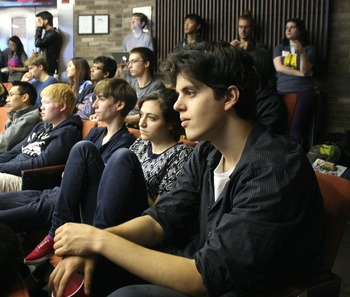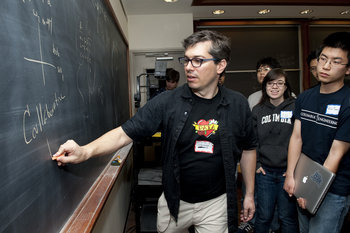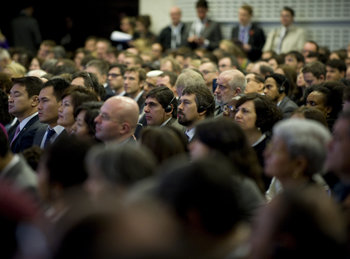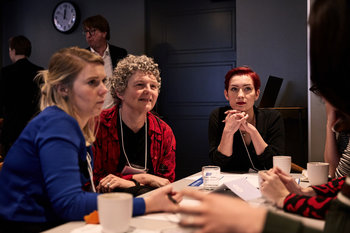|
| |
More is different is the idea that things are more than the sum of their parts and that complexity often adds value in hard to define ways. It is often explained with a thought experiment known as the Butterfly Effect.Butterfly EffectThe Butterfly Effect is the theory that a small event can result in a chain reaction that triggers greater events. It is explained with an analogy to a butterfly flapping its wings in some distance place triggering a significant event such as a global recession. The butterfly effect suggests that complexity has unpredictable value. In other words, that more is different. This implies that things are more than the sum of their parts. Complex interactions occur between things that involve random and obscure factors that are prohibitively complex to fully model or predict. The world minus one butterfly could be a dramatically different place.
More is Different vs MinimalismMinimalism is an approach to strategy and design that seeks to remove all that is "unnecessary." Minimalists tend to believe that it is possible to remove a great number of things without losing any value. In fact, minimalists will argue that removing things tends to add value by making things simpler, easier, smaller and more efficient.Taken to an extreme, minimalism tends to result in a depressing lack of diversity. More is different, as a philosophy, values diversity and questions the drive to constantly reduce things to less.More is Different vs Simple LogicMore is different suggests that techniques such as modeling complex situations with simple analogies is often inaccurate.|
Type | | Definition | The idea that things are more than the sum of their parts and that complexity often adds unpredictable value. | Related Concepts | |
Thinking
This is the complete list of articles we have written about thinking.
If you enjoyed this page, please consider bookmarking Simplicable.
A list of design thinking techniques with examples.
A definition of silent design with a few examples.
An overview of design driven organizations, development and innovation.
A list of common creative thinking techniques.
The common types of design innovation.
The definition of speculative design with examples.
The definition of design fiction with examples.
An overview of critical thinking with examples.
The definition of visual thinking with examples.
The definition of abstract concept with examples.
A list of thinking approaches and types.
A few logic terms explained.
A list of common cognitive biases explained.
A few dangers of being too abstract.
The difference between objective and subjective.
A definition of intellectual diversity with examples.
The definition of creative value with examples.
The definition of anecdotal evidence with examples.
The definition of benefit of doubt with examples.
The definition of pessimism with examples.
TrendingThe most popular articles on Simplicable in the past day.
Recent posts or updates on Simplicable.
Site Map
© 2010-2023 Simplicable. All Rights Reserved. Reproduction of materials found on this site, in any form, without explicit permission is prohibited.
View credits & copyrights or citation information for this page.
|






